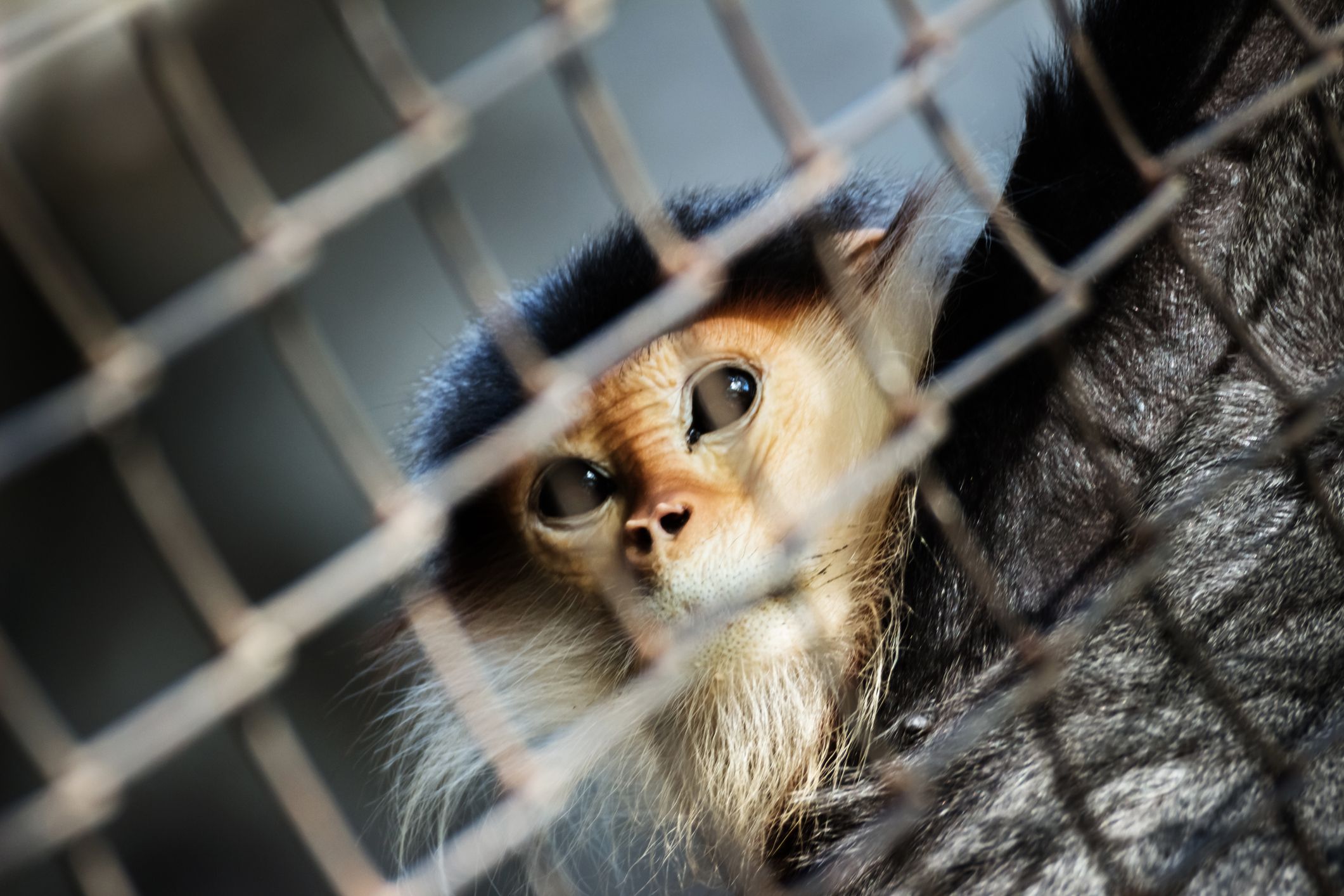
U.K. doctors are treating the first diagnosed case the country has ever seen of the rare viral infection monkeypox. Apart from a 2003 U.S. outbreak, this is the only other time the disease has been reported outside West and central Africa, according to Public Health England.
The patient—a person from Nigeria staying at a naval base in Cornwall, England—traveled to London from Nigeria on September 2. Officials believe the patient contracted the infection in the West African country before coming to the U.K.
Monkeypox causes symptoms such as headache, fever, muscle aches and exhaustion, according to the Centers for Disease Control and Prevention (CDC). About one to three days after developing a fever, patients develop a rash, often on the face, which may spread across their body. The diseased skin then develops small, raised pimples, then sacs, pustules and scabs.
The illness usually lasts between two and four weeks, and in some cases proves fatal. Up to 10 percent of people who develop monkeypox in Africa die from the condition.
African rodents, such as rope squirrels, are thought to be the main carriers of the disease, which can spread from animals to humans. Direct contact with monkeypox lesions and infected bodily fluids, bites from infected animals, and the preparation of contaminated bush meat can spread the disease. Human-to-human transmission is also possible and may take place during prolonged face-to-face contact.
The CDC lists fewer than 100 reported cases of monkeypox outside the Democratic Republic of Congo and the Republic of Congo, where monkeypox is endemic and sporadic, respectively. First observed in monkeys kept for research in 1958, the disease was first recorded in humans in 1970.
A 2003 outbreak of monkeypox across six U.S. states—Illinois, Indiana, Kansas, Missouri, Ohio and Wisconsin—saw 47 confirmed and probable cases of the disease. Those were the first recorded cases outside Africa.
At the time, investigators concluded that a Texas-bound shipment of animals from Ghana was likely to blame. The delivery, the CDC reported, included a great number of African rodents.
Tests revealed that at least 14 of those animals had been infected with monkeypox. The disease spread to prairie dogs housed with some of the animals in Illinois, who passed the disease to their owners.
Uncommon Knowledge
Newsweek is committed to challenging conventional wisdom and finding connections in the search for common ground.
Newsweek is committed to challenging conventional wisdom and finding connections in the search for common ground.
About the writer
Katherine Hignett is a reporter based in London. She currently covers current affairs, health and science. Prior to joining Newsweek ... Read more
To read how Newsweek uses AI as a newsroom tool, Click here.








